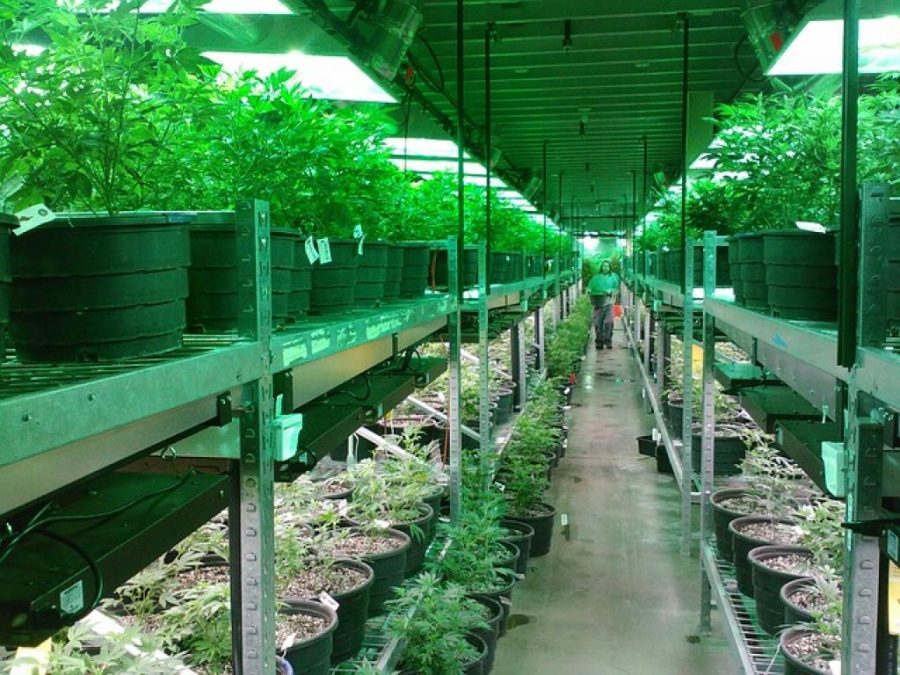Nevada dispensaries’ product dwindles as emergency measure is taken
Nevada dispensaries licensed to sell social cannabis are beginning to run out of product hardly one week after opening for business, according to the Nevada Department of Taxation.
It was announced by taxation officials that Gov. Brian Sandoval endorsed a measure to declare a “state of emergency” in the department that would force state officials to consider an emergency cannabis regulation.
The regulation would enable the department to encompass a larger group of applicants for distribution licenses, allowing them to transport recreational cannabis from the cultivation and packaging stage to retail dispensaries.
This emergency measure could put an ease on the current shortage and will be put to vote on Thursday.
Although licenses were supposed to be issued to facilities who already have the authorization to transport medical cannabis, a last minute court decision resulted in only wholesale alcohol distributors receiving the allowance of an 18 month period to transport social cannabis.
Upon social legalization in November, the legislation promised alcohol distributors they could transport wholesale cannabis for the first 18 months of sales. Many liquor wholesalers who have applied for the licenses are not up to code for what the law requires.
“We continue to work with the liquor wholesalers who have applied for distribution licenses, but most don’t yet meet the requirements that would allow us to license them,” Stephanie Klapstein, the taxation department’s spokeswoman, said in an email to USA Today.
“As of mid-day Friday, not one distribution license has been issued,” she continued.
Because only licensed dispensaries may receive product from licensed distributors, the dwindling supply is attributed to the low amount of current cannabis distributors licensed to transport product.
“The business owners in this industry have invested hundreds of millions of dollars to build facilities across the state,” Klapstein added. “They have hired and trained thousands of additional employees to meet the demands of the market. Unless the issue with distributor licensing is resolved quickly, the inability to deliver product to retail stores will result in many of these people losing their jobs and will bring this nascent market to a grinding halt. A halt in this market will lead to a hole in the state’s school budget.”
Judge James Wilson ordered in favor of allowing liquor wholesalers to transport cannabis, citing the legislation on allowing medical cannabis distributors was too vague to come into effect. If legislation allowed liquor distributors to transport social cannabis, dispensaries could potentially be fully integrated, with owners possibly having a stake in cultivation, production, delivery, and retail.













